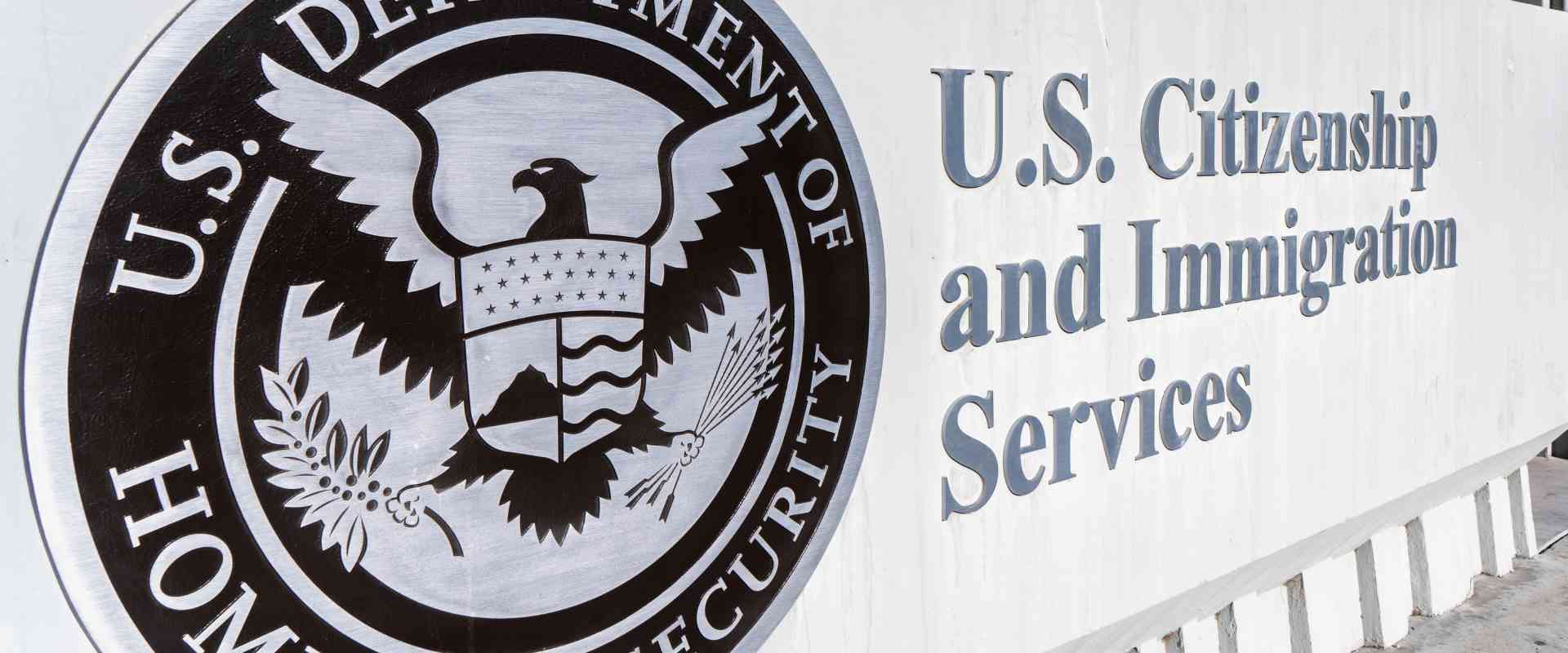1. What are the General Requirements for Adjustment of Status Eligibility?
A noncitizen must meet certain eligibility requirements to adjust status to that of lawful permanent resident (LPR). INA 245(a) requires that the applicant must have been:
- Inspected and admitted into the U.S., or
- Inspected and paroled into the U.S.
Additionally, the noncitizen applicant must:
- Properly file an adjustment of status application,
- Must be physically present in the U.S., and
- Must be eligible to receive an immigrant visa.
Further, an immigrant visa must be immediately available when the applicant files the adjustment of status (AOS) application and at the time of final adjudication. The applicant must be admissible to the United States for lawful permanent residence or eligible for a waiver of inadmissibility or other form of relief. And finally, the applicant must merit the favorable exercise of USCIS’ discretion.
2. Who may qualify for adjustment of status?
An AOS applicant must be eligible to receive an immigrant visa. An applicant typically establishes eligibility for an immigrant visa through an immigrant petition in one of the categories listed in the table below.
| IMMIGRANT CATEGORY | PETITION | WHO MAY QUALIFY |
|---|---|---|
| Family-based | Form I-130 Petition for Alien Relative |
<st |
| Family-based | Form I-129F Petition for Alien Fiancé |
|
| Employment-based | Form I-140 Immigrant Petition for Alien Worker |
|
| Employment-based | Form I-526 Immigrant Petition by Alien Investor |
|
| Special Immigrants | Form I-360 Petition for Amerasian, Widow(er), or Special Immigrant |
(EB-4 Preference) |
| Diversity Immigrant Visa | Not applicable – i.e., Diversity visas do not require a USCIS-filed petition |
(EB-4 Preference) |
3. Can my dependents also file to adjust status?
The spouse and children of certain family-based, employment-based, and Diversity Immigrant Visa adjustment applicants may also obtain LPR status through their relationship with the principal applicant. However, because the spouse and children do not have an independent basis to adjust status apart from their relationship to the principal immigrant, they are “dependents” of the principal for purpose of eligibility for adjustment of status.
Dependents do not have their own underlying immigrant petition and may only adjust based on the principal’s adjustment of status. In general, dependent applicants must have the requisite relationship to the principal both at the time of filing the adjustment application and at the time of final adjudication. The requisite relationship can be shown through civil documents, such as a birth and/or marriage certificates, which are included in the AOS package that our attorneys file with USCIS.
4. What is concurrent filing?
The immigrant petition establishing the underlying basis to adjust is typically filed before the noncitizen files the adjustment application. In some instances, though, the applicant may file the adjustment application at the same time the immigrant petition is filed.
For clients who are in the U.S. and who hold a valid nonimmigrant status with dual intent (e.g., H-1B, L-1, or O-1), our attorneys evaluate whether it is in the client’s interest to file the AOS application at the same time the client files an employment- or family-based immigrant petition. Advice on this subject will vary and you should speak with a qualified immigration attorney.
5. What are the benefits of concurrently filing an immigrant petition and an AOS application?
Filing an AOS application with an underlying immigrant petition provides the applicant and his or her dependents with an independent basis for lawful presence in the United States. If you have filed your underlying immigrant petition along with the AOS applications and you lose your current nonimmigrant status, you are not required to leave the U.S., as long as your adjustment remains pending. With a pending AOS application, you are deemed to have lawful presence in the United States. Consular processing does not provide this benefit.
Additionally, when you file an AOS application, you may also file for interim benefits, including work and travel authorization, without additional government filing fees. After Form I-765 Application for Employment Authorization and Form I-131 Application for Travel Authorization are approved, the principal applicant and his or dependents will receive work and travel authorization that independent and separate from the current work and travel authorization they have under their valid nonimmigrant status. This is an especially important interim benefit for clients in the U.S. on an H-1, L-1 or O-1 visa. For immigrants who are in the U.S. on a strict nonimmigrant visa (B-1/B-2, F-1), please contact our attorneys because there are additional requirements that you must satisfy to adjust status.
6. Are there any restrictions on traveling internationally while my AOS application is pending?
Yes. If you concurrently file Form I-131 Application for Travel Authorization along with your adjustment, you are prohibited from traveling internationally until the application is adjudicated and you are issued an advanced parole document. If you travel abroad while your I-131 is pending, USCIS will deny the application on the grounds that you have “abandoned” your application. This is true even if you have another visa, such an L-1 or H-1, which allows you to travel internationally. Denial of the I-131 application will not impact your pending I-140 or I-130 immigrant petition, Form I-485 Application to Adjust Status, or your Form I-765 Application for Employment Authorization. If your current employment requires international travel, please speak with one our attorneys to determine when the best time is to file for travel authorization.
7. What if my AOS application is denied?
If an adjustment of status applicant is found to be ineligible, the USCIS must issue a notice of denial. In some situations, USCIS officers deny an adjustment of status application for purely discretionary reasons. Negative factors considered in an adjustment of status include the following:
- Fraud in the initial application,
- Misrepresentation in the application,
- Preconceived intent to remain in the United States when entering as a nonimmigrant,
- Overstaying the period permissibly allowed to stay in the United States, and
- Criminal background, including certain misdemeanors or felonies.
If an AOS application is denied, the applicant may challenge the denial through administrative and/or judicial processes. Applicants may generally continue their lawful presence in the United States pending their appellate outcome.
Adjustment of Status may seem like a complex and daunting process. We’re happy to help simplify it for you. If you have any questions or concerns, please contact us at info@eoimmigration.com or call us at (305) 391-2105.


